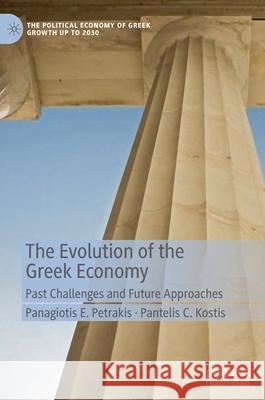The Evolution of the Greek Economy: Past Challenges and Future Approaches » książka
topmenu
The Evolution of the Greek Economy: Past Challenges and Future Approaches
ISBN-13: 9783030472092 / Angielski / Twarda / 2020 / 292 str.
The Evolution of the Greek Economy: Past Challenges and Future Approaches
ISBN-13: 9783030472092 / Angielski / Twarda / 2020 / 292 str.
cena 442,79
(netto: 421,70 VAT: 5%)
Najniższa cena z 30 dni: 424,07
(netto: 421,70 VAT: 5%)
Najniższa cena z 30 dni: 424,07
Termin realizacji zamówienia:
ok. 22 dni roboczych.
ok. 22 dni roboczych.
Darmowa dostawa!
Kategorie:
Kategorie BISAC:
Wydawca:
Palgrave MacMillan
Seria wydawnicza:
Język:
Angielski
ISBN-13:
9783030472092
Rok wydania:
2020
Wydanie:
2020
Numer serii:
001093141
Ilość stron:
292
Waga:
0.58 kg
Wymiary:
21.01 x 14.81 x 2.24
Oprawa:
Twarda
Wolumenów:
01
Dodatkowe informacje:
Wydanie ilustrowane











